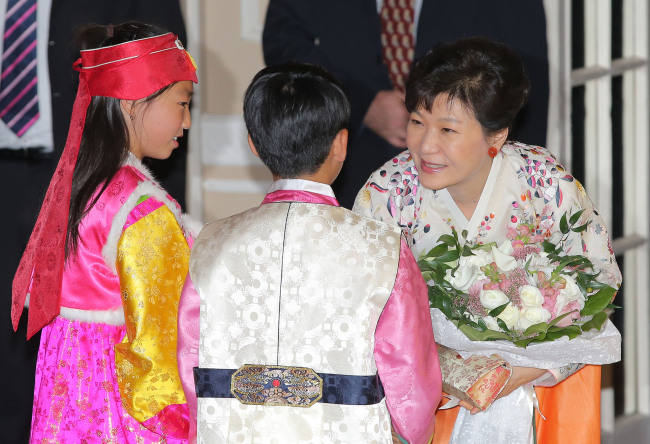South Korea will sign a free trade deal with Canada early Tuesday, allowing the two countries to eliminate almost all tariffs on agreed-upon items over the next 10 years.
In particular, Seoul is expecting steep benefits for its automobile sector under the agreement.
Ahn Jong-beom, the senior presidential economic adviser, said that phasing out tariffs on Korean-made cars ― currently ranging between 6 and 8 percent ― over a relatively short period of three years would have a significant positive impact on the local car industry.
As of 2013, more than 40 percent of Korean products exported to Canada consisted of autos, making the country one of Korea’s top five auto export destinations.
Similar benefits are expected for auto parts, tires and for electronic appliances such as washing machines and refrigerators as the tariffs ― 6 to 8 percent ― on all of these items are set to be eliminated either immediately, or after three to five years following the deal’s ratification.
Textiles also are subject to tariff eliminations after three years, triggering hopes for local textile manufacturers here, most of which are small and mid-sized vendors.
 |
President Park Geun-hye (far right) receives flowers from children before her meeting with Korean-Canadians during her state visit to Ottawa on Saturday. (Yonhap) |
The deal would make Korea the first Asian country to sign a free trade agreement with Canada, Cheong Wa Dae sources said.
Canada is the world’s 11th-largest economy and one of the Group of Eight nations. But trade between Seoul and Ottawa has been relatively small, with Canada being only the 25th-largest trade partner for South Korea. Two-way trade amounted to around $10 billion in 2013.
Seoul, therefore, expects the agreement would lead to expanded trade and investment between the two nations. So far, most of the trade has been in natural resources and manufacturing, but it may now grow to include services and cultural sectors, officials said.
But the country is not without concerns, as Canada’s agricultural sector is more advanced than Korea’s.
The government, however, has managed to exclude more than 200 agricultural items from the deal, including rice, Ahn said.
To help buffer losses in the local agricultural sector, Seoul is also planning to offer 2.1 trillion won ($2.0 billion) worth of subsidies.
With Canada, Korea concluded a deal in March after nearly nine years of negotiations when Canadian Prime Minister Stephen Harper was visiting.
Korean Trade Minister Yoon Sang-jick is set to sign a deal with his Canadian counterpart Ed Fast promptly after Park holds a summit with Harper.
The government is planning to submit the trade deal to local parliament next month for ratification.
By Park Han-na and news reports
(
hnpark@heraldcorp.com)








